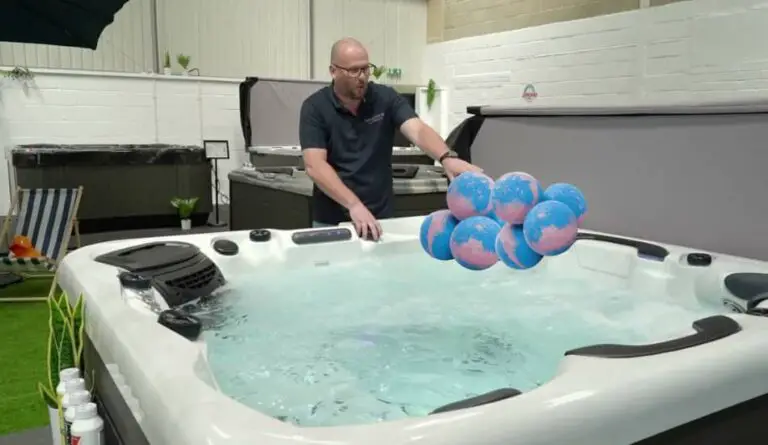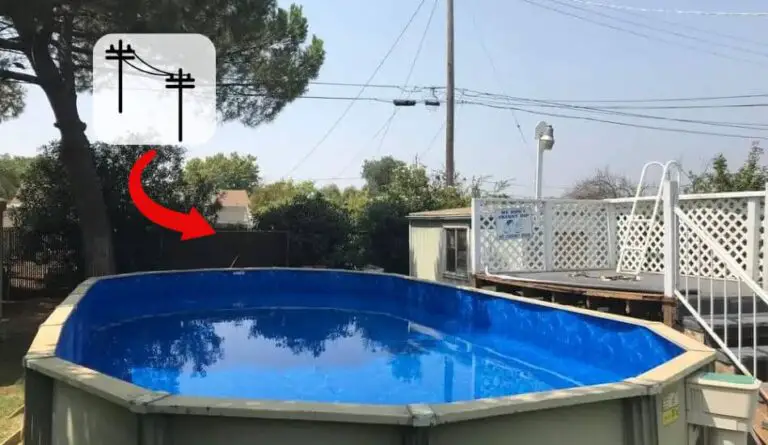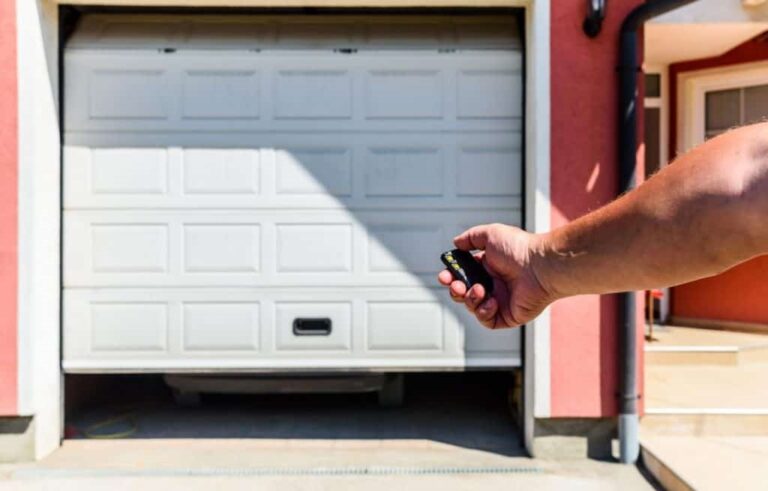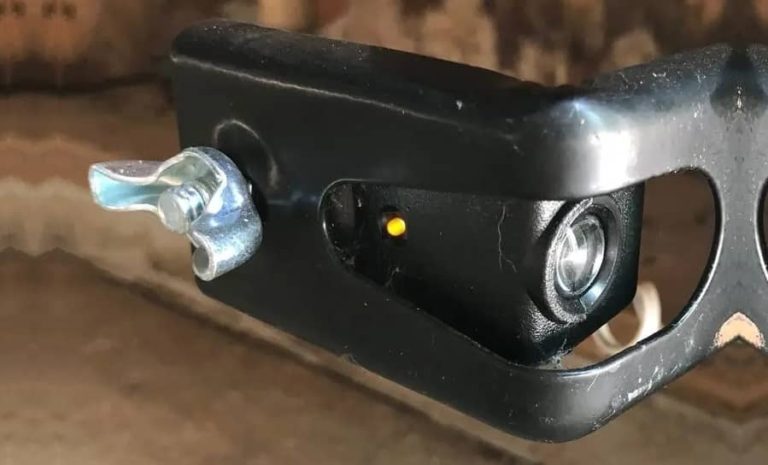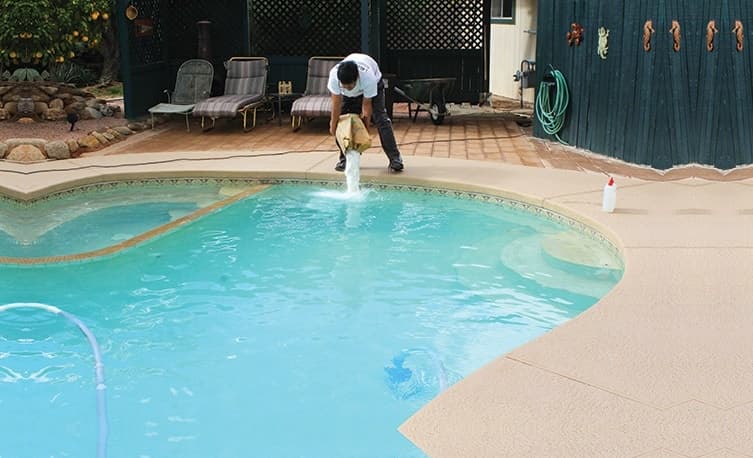Can Garage Door Opener Overheat? Explained
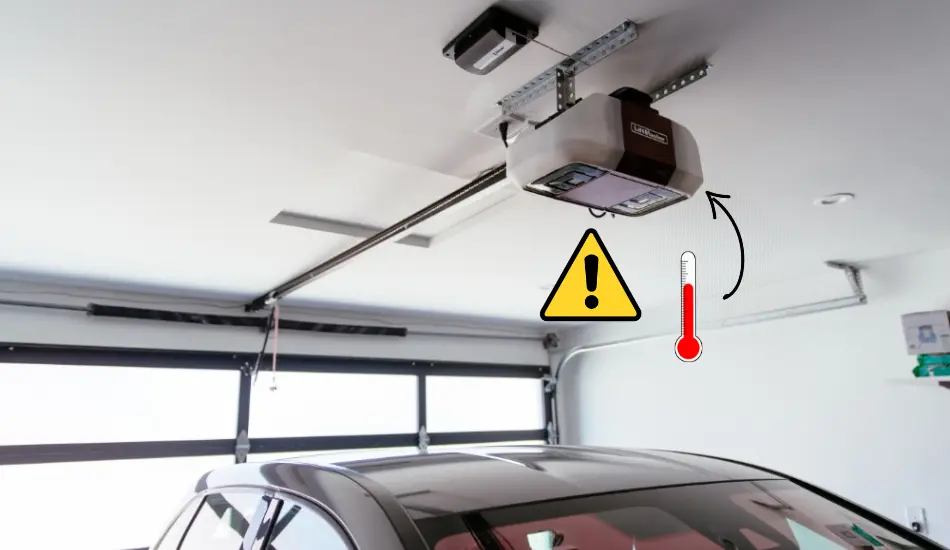
An automatic garage door offers convenience but also has some drawbacks. While many issues with these door openers can be resolved with a simple fix, some problems can require professional assistance. And one of them is the problem when the garage door opener overheats.
During the hot summer, frequent use of garage door openers can cause overheating problems. However, you should not panic. In this article, we’ll explain some issues related to garage door opener overheating problems and how to prevent them. So, let’s start!
Can Garage Door Opener Overheat? Yes, a garage door opener can overheat, particularly if used excessively or during summer when temperatures are very high. Overheating can lead to the temporary shutdown of the system to prevent damage. Modern openers come with thermal overload protection to automatically cut off power in such events.
It is very rare for a garage door opener to overheat, but it is possible. Like any electronic device, a garage door opener is also sensitive to high temperatures, especially with frequent use. Problems within the system can also lead to overheating. Ignoring signs of overheating can damage some key components of the garage opener or cause the entire system to malfunction or fail. In the next section, we’ll talk more about this.
Related Article: Why Is My Garage Door Opener Beeping? Explained
Table of Contents
How Does Garage Door Overheating Occur?
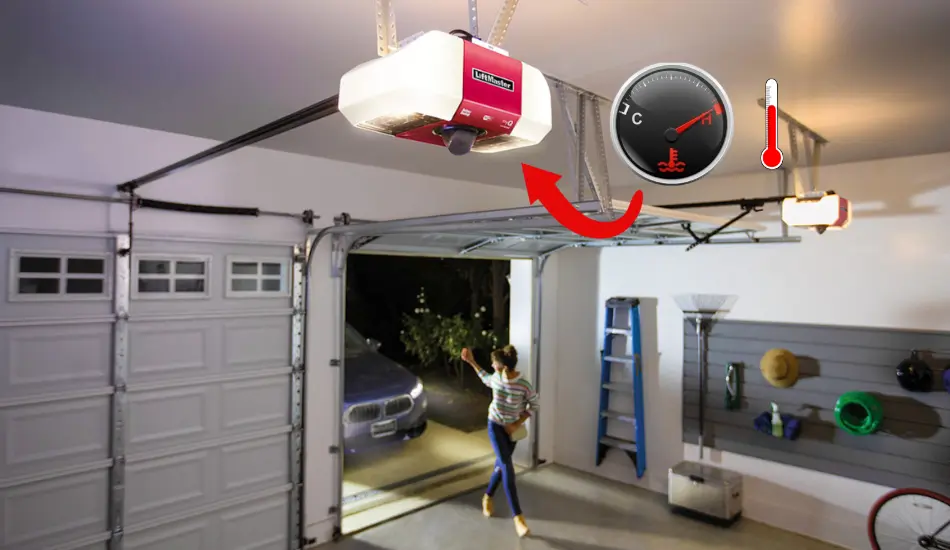
Garage door overheating is a problem that occurs mostly during hot summer months. This issue is particularly present during frequent usage. Rapid and repeated opening and closing of your garage door quickly can strain the mechanism.
Such extensive use generates heat and, in extreme cases, might even lead to smoke emissions from the garage door opener. Therefore, it is advisable to avoid frequent use, especially in short intervals.
Can My Garage Door Motor Overheat?
Yes, garage door opener motor is an essential part of the system, and it can overheat due to excessive use. Also, the motor has a safety feature that automatically shuts it down when it becomes too hot. If your garage door is unresponsive to remote commands, it could be a sign that the motor has overheated.
There are various reasons why a garage door motor might temporarily stop working. However, if your garage door has been in use multiple times over a short span, it’s likely that the motor is overheated and needs a break. In such cases, waiting about 20 to 30 minutes before trying to operate the garage door again is recommended. This allows the motor to cool down and prevents further damage.
Related Article: What Is A Garage Door Opener DIP Switch?
What Happens When Garage Door Openers Overheat?
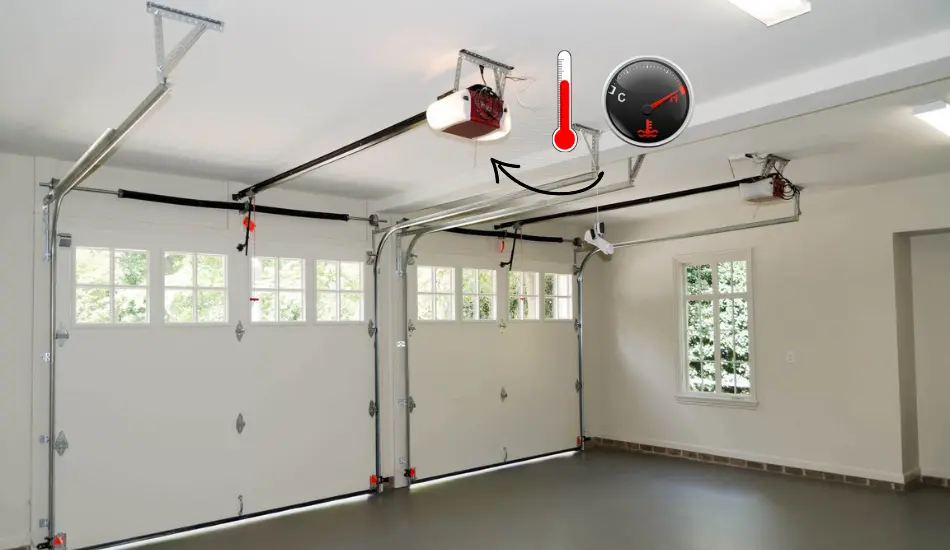
Most current garage door openers have a built-in automatic thermal overload feature during the overheating process. This safety mechanism is programmed to activate when the opener’s temperature escalates beyond a specific temperature limit.
Once activated, the system powers down and will undergo a reset after it has cooled off. Typically, a pause of about 20 to 30 minutes is recommended before attempting to use the garage door again.
Nonetheless, in cases of significant overheating, your garage door opener could start emitting smoke. This is a significant concern as it can point to a thermal overload in the motor, potentially leading to its failure and the shutdown of the entire system.
Smoke could also be an indicator of damage to the capacitor. While such overheating incidents are serious, they are unlikely to cause a fire.
Should you detect smoke coming out from your garage door opener, it’s important to immediately turn it off and call professional assistance to inspect the system. Keep the garage door open to allow the smoke to escape. In cases when you need to use your garage door, resort to the manual release feature to operate it.
Related Article: Can Garage Door Opener Work Without Sensors?
How to Prevent Garage Door Opener Overheating?
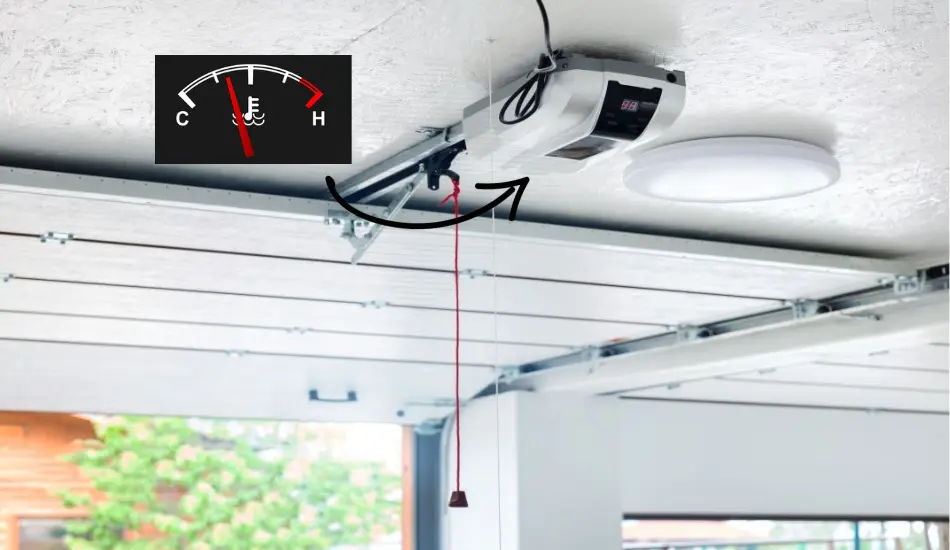
Preventing your garage door opener from overheating is simpler than you might think. If you follow certain steps, this can be avoided. Here are some effective strategies to help prevent this issue:
- Avoid frequently using your garage door during the hottest times of the day.
- Use the garage door in cooler times, such as early morning or late evening.
- Limit the operation of your garage door to not more than once every 15 minutes.
- Consider installing systems for cooling or ventilation in your garage space.
- Regularly maintain your garage door to ensure its components are functioning correctly.
When overheating occurs, the situation is usually not critical as the built-in thermal overload protector in the motor will typically activate, cutting off the power to prevent damage. However, handling this problem on your own isn’t recommended.
If the overheating problem happens often, it can lead to significant damage. In such situations, it’s best to seek professional advice. A garage door specialist can check your system, diagnose the issue, and provide the necessary solutions.
What If Your Garage Door Opener is Smoking?
A smoking garage door opener often indicates a problem with a broken capacitor. The starting capacitor’s role is to accumulate a sufficient charge when you activate your garage door, providing the necessary torque for the door to open.
If you notice smoke, it clearly indicates that the capacitor is not functioning properly and should be replaced as soon as possible. If you don’t know how to do this, call a professional.
Related Article: Why Is My Garage Door Opener Blinking? Expert Explain
FAQ: People Also Ask
How long does it take for a garage door opener to cool down?
Ideally, a wait of 20 to 30 minutes is recommended to ensure the motor has sufficiently cooled and is safe to operate once more. Repeatedly using your garage door opener can lead to the motor overheating. In such instances, giving the motor enough time to cool down before using it again is crucial.
Are garage door openers affected by heat?
Yes, garage door openers are affected by heat. Exposure to high temperatures can sometimes cause electronic devices to malfunction. This also includes a garage door opener, which may become less reliable or even stop working during periods of intense heat.
What is a thermal overload on a garage door opener?
Many modern garage door openers have a built-in automatic thermal overload protection system. This safety feature is designed to shut off the opener if it begins to overheat. The device will then take a break to cool down before it automatically resets and resumes normal operation.
Final Thoughts
While garage door openers are generally reliable, it’s important to know that they can overheat, especially with frequent use or during high-temperature conditions. Overheating can lead to temporary shutdowns or, in more severe cases, damage to components like the starting capacitor.
Most modern openers come equipped with thermal overload protection to mitigate this risk. It’s essential to recognize the signs of overheating, such as reduced functionality or smoke, and address them promptly to ensure your garage door system’s longevity and safe operation. Regular maintenance and mindful usage can help prevent overheating and keep your garage door opener functioning smoothly. I hope this article has helped you,



